Lilly Expands Injectable Manufacturing Capacity with $2.5 Billion Facility in Germany
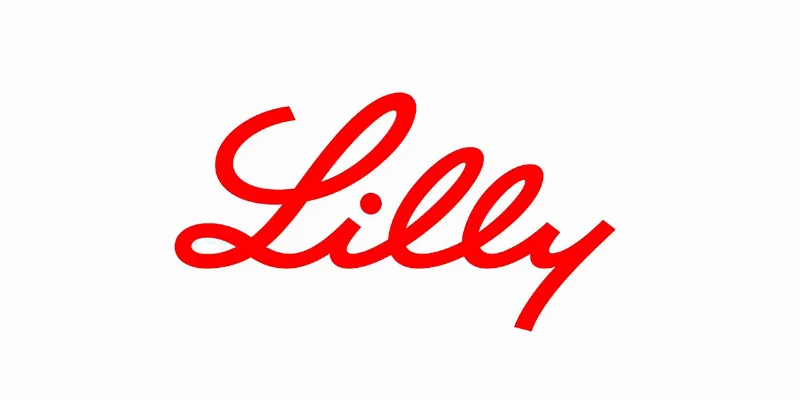
18 November 2023
Eli Lilly is investing $2.5 billion to build a high-tech manufacturing site in Alzey, Germany, enhancing its global injectable product network. This expansion, supporting increased demand for diabetes and obesity drugs, is part of Lilly's $11 billion investment in global manufacturing. The new manufacturing plant is set to become operational in 2027, boosting Lilly's supply. The company is also investing up to $100 million in Germany's early-stage life sciences.
This strategic investment aims to bolster the company's capacity to produce lifesaving medicines amid the escalating global challenge of obesity and diabetes. With obesity rates soaring and diabetes continuing to be a global health concern, this investment represents not just a business expansion but a crucial step in combating these prevalent health issues.
"Every investment into our manufacturing capacity around the world is a renewed commitment to patients today – and to those who may need our medicines tomorrow," said Edgardo Hernandez, executive vice president Lilly manufacturing operations. "This state-of-the-art parenteral site with the latest technology will enable us to continue to deliver medicines with safety first and quality always around the world."
Lilly's site in Alzey, will focus on parenteral (injectable) product and device manufacturing. It marks the company’s first major production facility in Germany and the sixth in Europe, signaling a significant expansion of its global manufacturing network. The Alzey plant is anticipated to create 1,000 jobs for highly skilled professionals, including engineers, operators, and scientists, and an additional 1,900 jobs during its construction phase set to commence in 2024.
"The decision to locate here is good news for Germany as a business location," said Dr. Robert Habeck, vice chancellor and federal minister for Economic Affairs and Climate Action. "It creates new and future-oriented jobs, shows the confidence of companies in the attractiveness of Germany as a pharmaceutical and industrial location and helps to improve healthcare for our citizens. The new location will make an important contribution to industrial value creation in Germany with high-tech production facilities and research and development."
The announcement arrives at a time when the obesity treatment market is experiencing unprecedented growth. Lilly's recent entry into the obesity space with the GLP-1 agonist Zepbound (tirzepatide) for chronic weight management, coupled with its already popular diabetes drug Mounjaro, underscores the urgency and demand in this sector. Mounjaro alone generated $1.4 billion in the third quarter of 2023, reflecting the critical need for effective treatments.
Competitor Novo Nordisk, another significant player in the obesity market, has also ramped up its manufacturing capabilities. With Wegovy (semaglutide), a GLP-1 agonist that saw a 730% revenue increase in the third quarter of 2023 compared to 2022, Novo Nordisk exemplifies the explosive demand in this sector.
"As we look to usher in the next generation of medicines, we're looking for people and partners who share our passion for improving health outcomes," said Ilya Yuffa, executive vice president and president, Lilly International. "With this new investment, we hope to spark a new era of collaboration and innovation in Germany and the European Union defined by our shared purpose to find lasting solutions for patients."
The obesity market, which some analysts project could reach $200 billion, is currently dominated by Lilly and Novo Nordisk. This duopoly is poised to capture a significant market share, with AstraZeneca also venturing into this space through a $2 billion contract with Eccogene for an orally administered GLP-1 receptor agonist, ECC5004, targeting obesity and other cardiometabolic conditions.
Lilly’s investment extends beyond the manufacturing site, with a commitment of up to $100 million in Germany’s early-stage life sciences ecosystem. This will include funding for biotech and life sciences venture capital funds, incubator and accelerator engagements, and partnerships with academic and innovation centers.
As Lilly prepares to usher in a new era of medicines, this venture in Alzey represents more than just an expansion of manufacturing capabilities. It's a significant stride in the global fight against diabetes and obesity, promising to bring innovative treatments to patients worldwide while strengthening the pharmaceutical landscape in Germany and Europe.





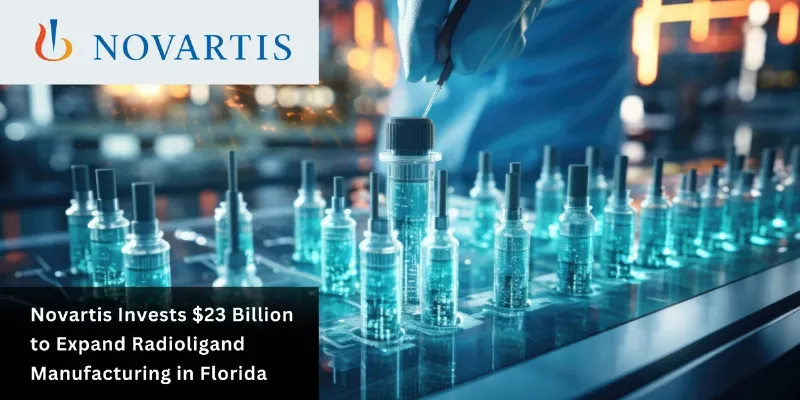
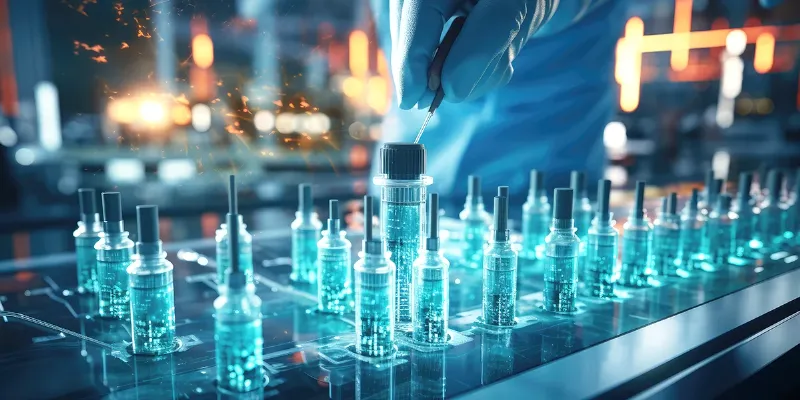
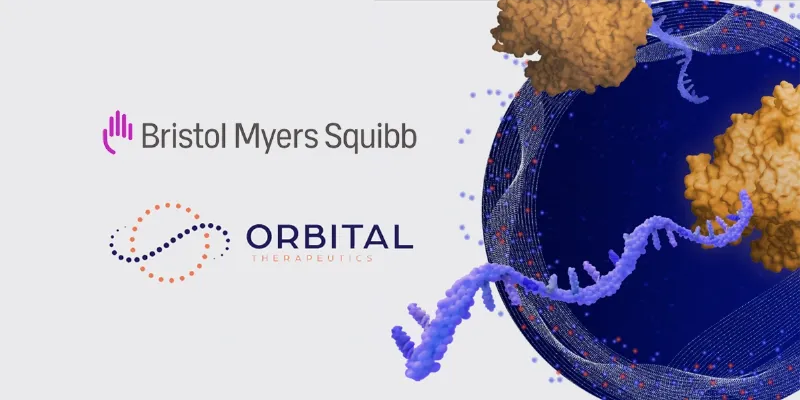
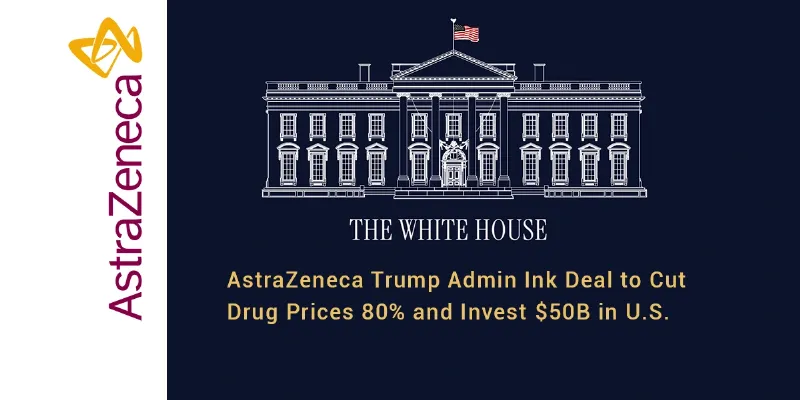
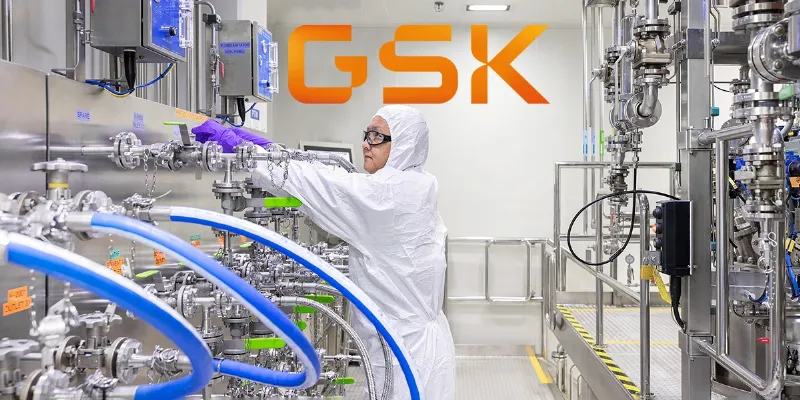

Comments
No Comments Yet!